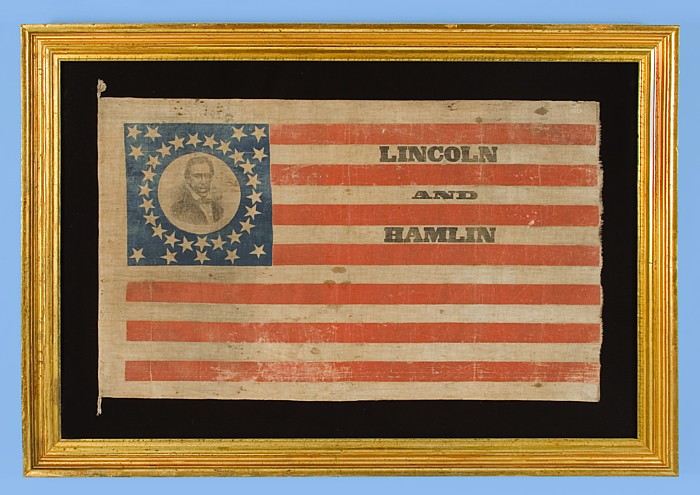This section of Whitman’s poetry was very patriotic and moving in many ways. The individual poem that spoke to me directly was “Song of the Banner at Daybreak”. Here Whitman uses five different perspectives of America, and what its freedom truly is, and what America’s message as a country truly is.
The poem has sections from the poet, the child, the father, the pennant, and the banner. The poet begins observing the banner flapping in the wind. Its flapping sound is the voices of the country, the land, and its people. The pennant is calling to the child, and the child is responding. The child is interested in the pennant and what it stands for, and the father tries to focus his child’s attention away from military interest, and towards the material things that he can aspire to gain. “Look at these dazzling things in the houses, and see you the money-shops opening, And see you the vehicles preparing to crawl along the streets with goods; These, ah these, how valued and toil’d for these! How envied by all the earth.” (Whitman 422). It may seem here that the father’s values are a bit skewed, but his intentions are probably aimed at keeping his child safe. The prospect of his child going into the military is frightening for the father. He wants his child to see all of the material possessions available to him, and how valued these possessions are by others.
However, the child is enraptured by the pennant and believes it is calling to him and all the children of the country. The poet agrees with the views of the child. The poet sees “Liberty!” in the banner and pennant. The poet sees a duty for the people of this country to fight for freedom. Without people like the child, who see the glory and honor in fighting for this country, in representing this country, there wouldn’t be the freedom for others to have the material wealth they now posses.
“O banner, not money so precious are you, not farm produce you, nor the material good nutriment, Nor excellent stores, nor landed on wharves from the ships, not the superb ships with sail-power or steam-power, fetching and carrying cargoes, Nor machinery, vehicles, trade, nor revenues – but you as henceforth I see you, Running up out of the night, bringing your cluster of stars, (ever-enlarging stars,) Divider of daybreak you, cutting the air, touch’d by the sun, measuring the sky, (Passionatly seen and yearn’d for by one poor little child, While others remain busy or smartly talking, forever teaching thrift, thrift;)…. Out of reach, an idea only, yet furiously fought for, risking bloody death, loved by me, So loved – O you banner leading the day with stars brought for the night! Valueless object of eyes, over all and demanding all – (absolute owner of all) – O banner and pennant! I too leave the rest – great as it is, it is nothing – houses, machines are nothing – I see them not, I see but you, O warlike pennant! O banner so braod, with stripes, I sing you only, Flapping up there in the wind.” (Whitman 426).
Whitman writes so passionately about the country here. One can read this poem and see Whitman as the poet, advocating patriotism and the honor in believing in the inherent values and ideals that this country was formed from. The flag doesn’t represent the material goods or the machinery; these things are nothing. The flag represents the honor in believing in freedom and liberty, and fighting for those rights. Whitman is pleased that the child sees these things in the flag, and hears the song of the flag and wants to dance to that song for the freedom of our country.

http://theinvisibleagent.files.wordpress.com/2008/11/flag-4-lincoln-hamlin.jpg
Categories:
